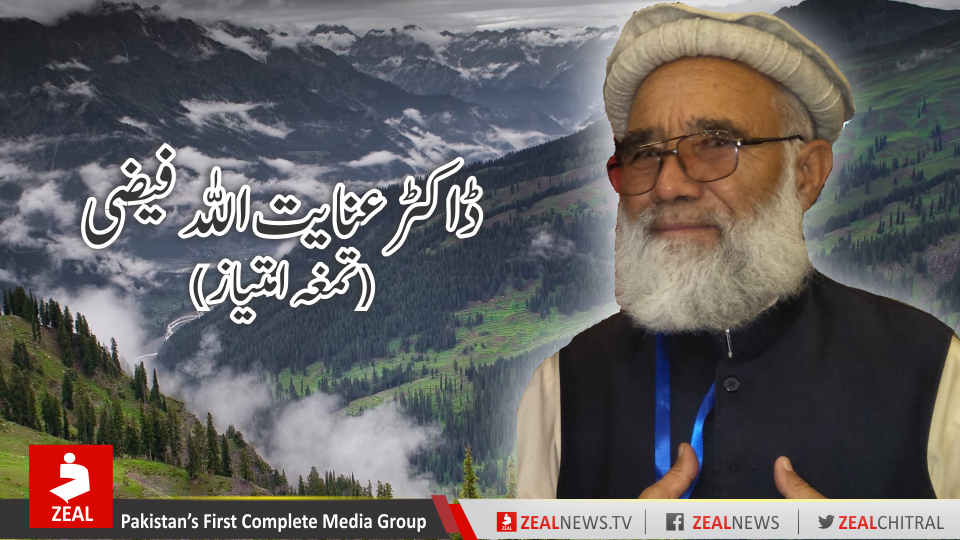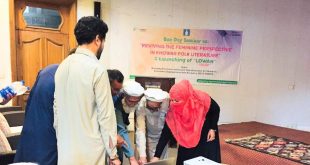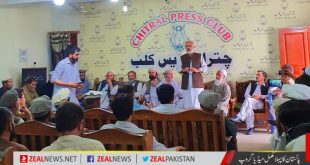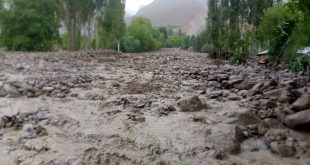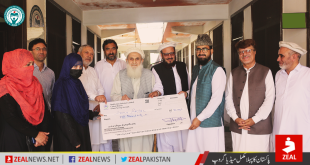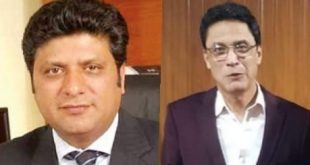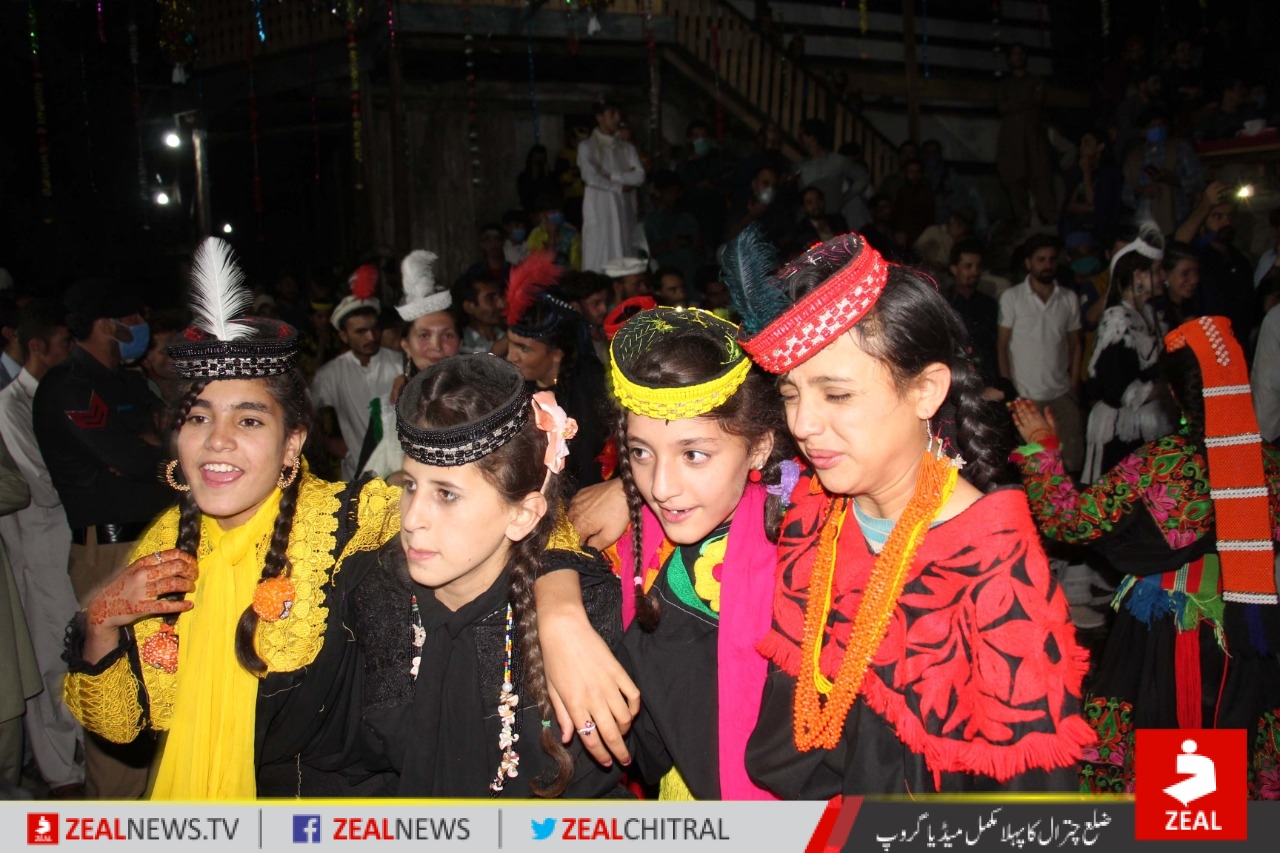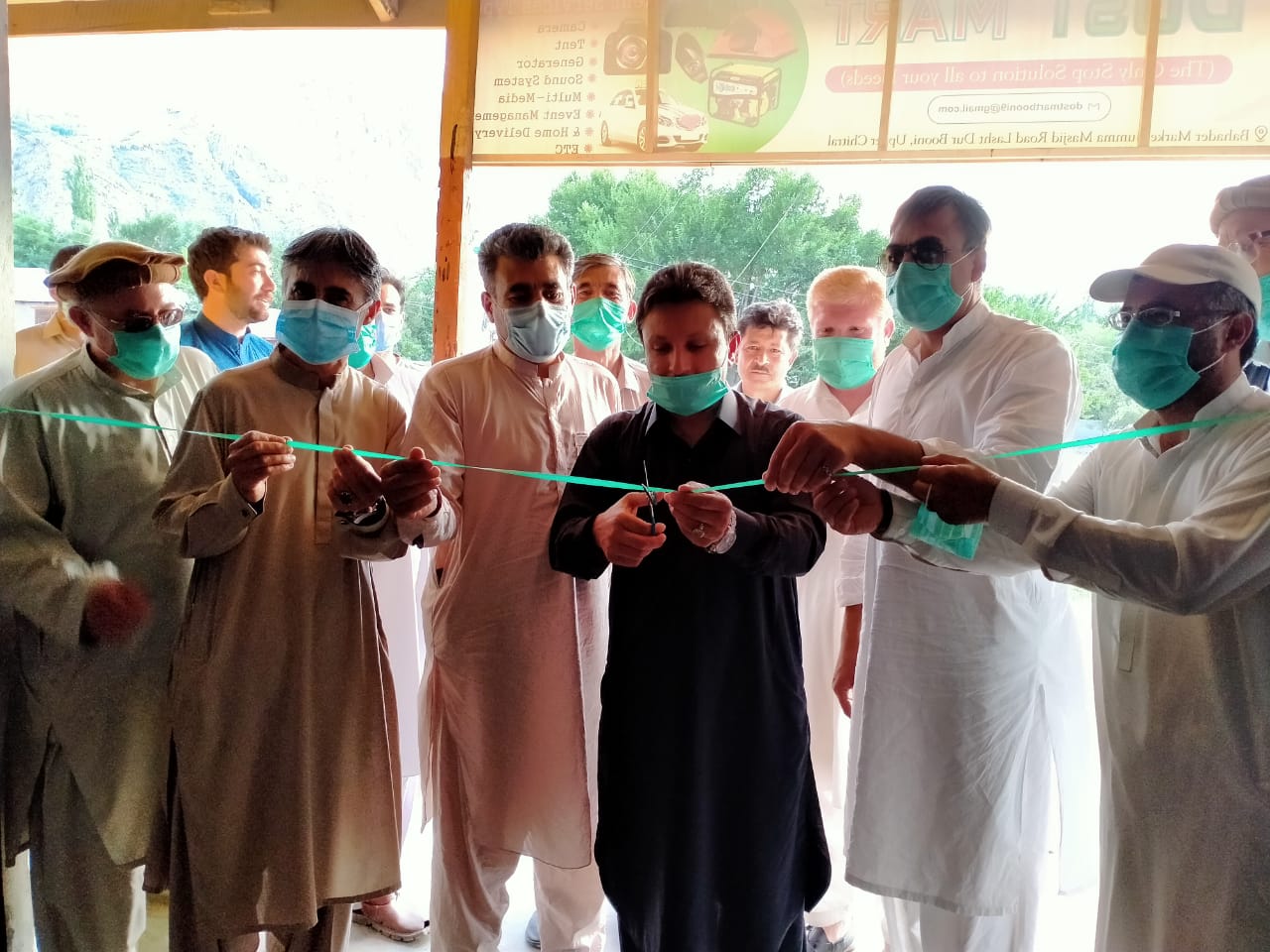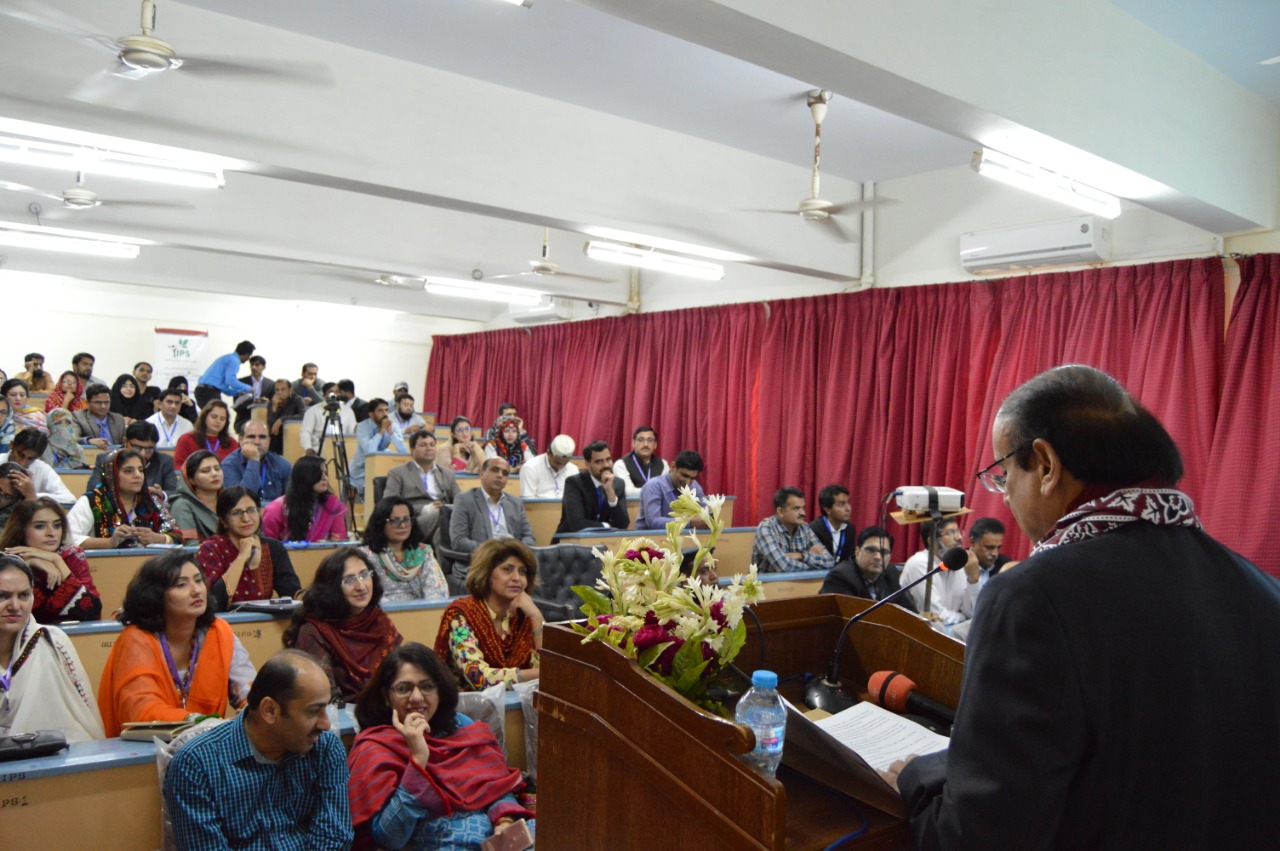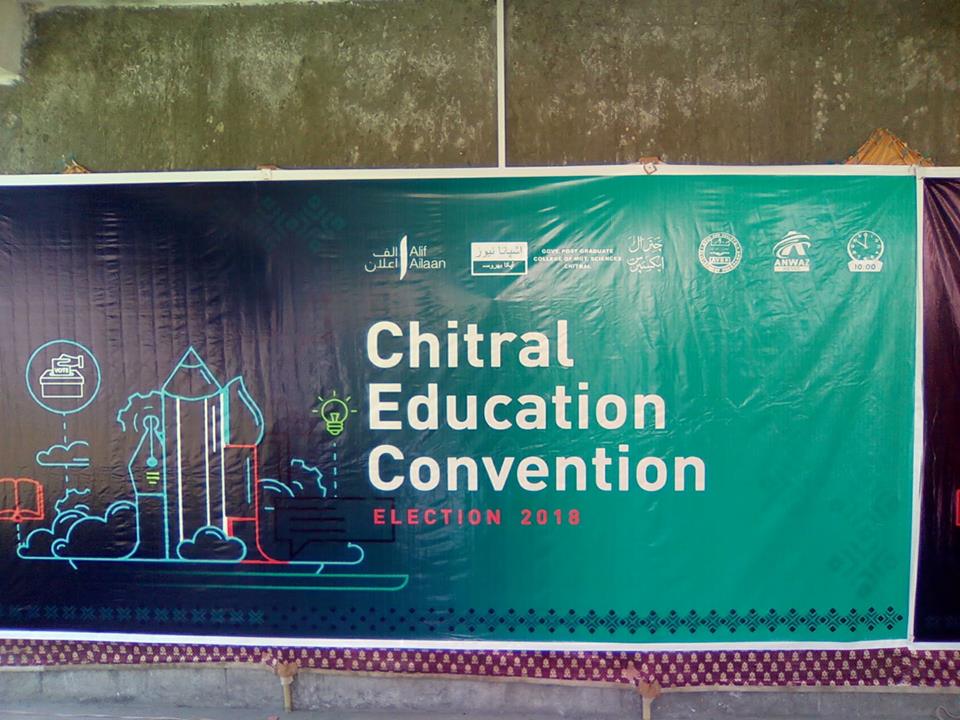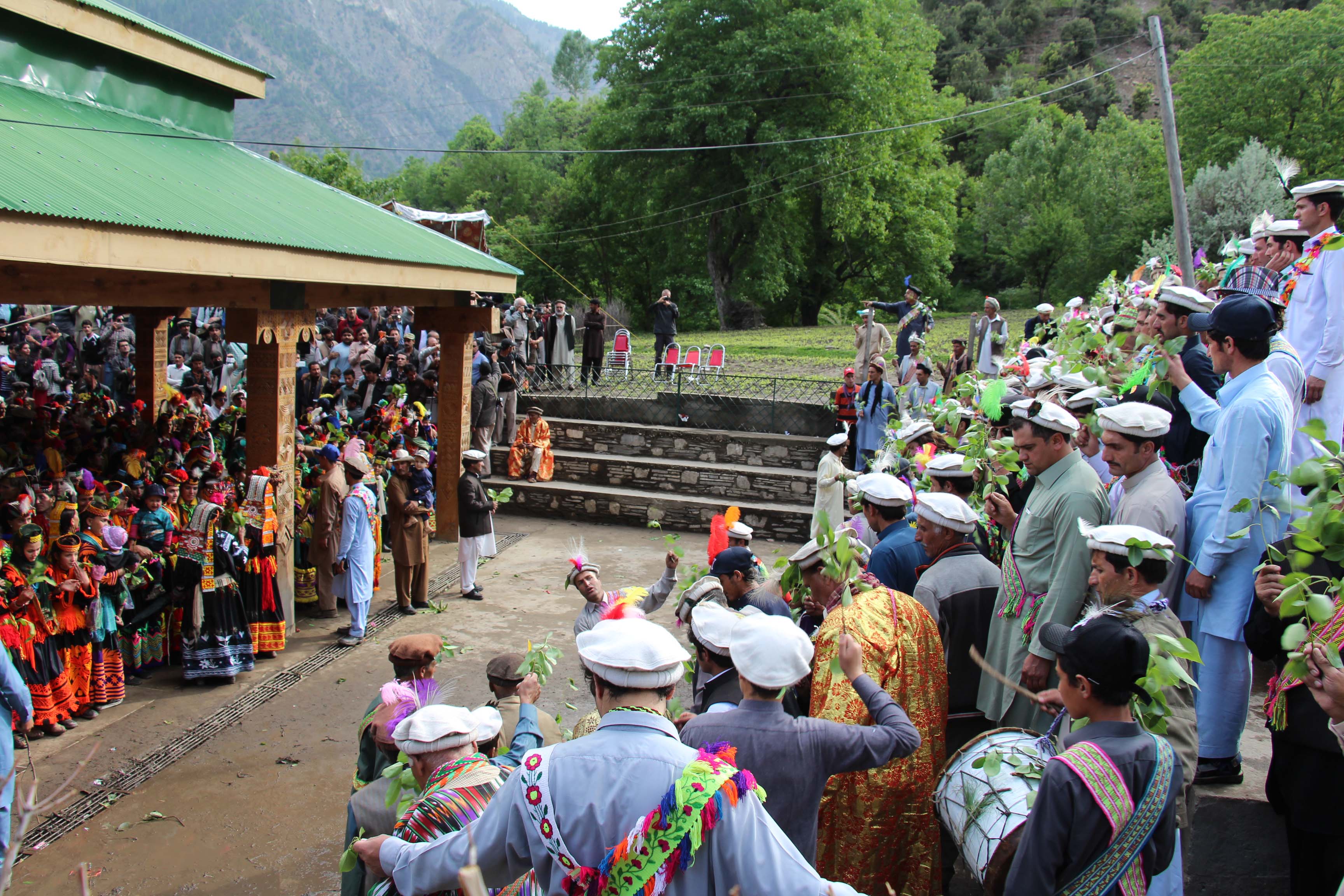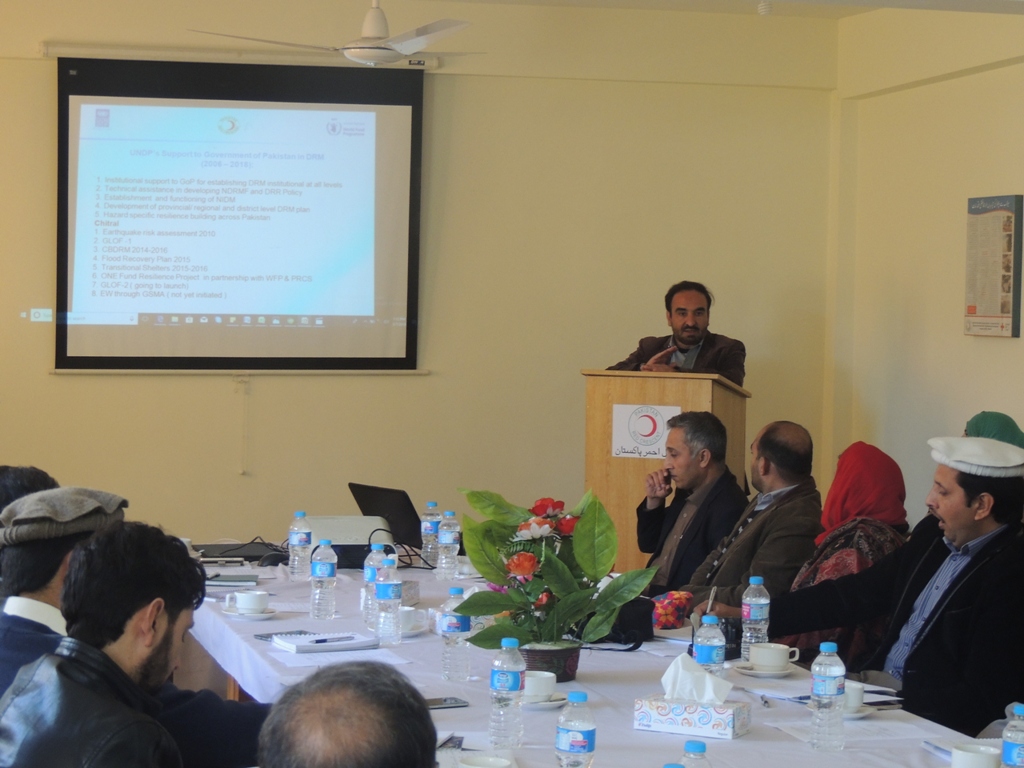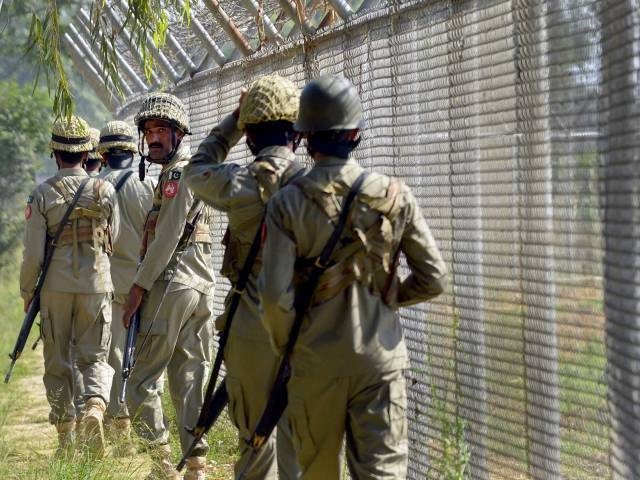Till 1947 our people from Chitral used to travel to Srinagar (Indian Kashmir) via Gilgit and used to take the seeds of different herbs to Kashmir. They also sowed poppy. They told me that travel to Srinagar was safer than travel to Peshawar and Kabul. They used to trade in things that were lighter in weight but expensive in value. They would bring saffron from Srinagar. My father used to tell that Asaqal. Asaqal is a Turkic word which we also use for elderly people in Khowar. My grandfather used to say that Jinnah made Pakistan. He used this name so frequently as if Jinnah was his close neighbor.
Once they went to Amritsar along with friends via Srinagar. One of the friends chose to stay there and never came back. Secondly, my grandfather used to say that in 1924 the Mehter of Chitral named, Shujaa-ul Mulk who was given titles by the British like KCIE (Knight Commander of the Indian Empire), Sir, His Highness, went to Hajj and when he came back people flocked to welcome and greet him on his Hajj. My grandfather also came there to greet the Mehter. My grandfather used to say to his age mates that when he had gone there he was given a Chugha, (Chitrali cloak), a Shimla (turban), and one rupee. The next day he (grandfather) could not depart. He was there at the masjid the next day. When they were saying the Friday prayers the imam (prayer leader) stopped and could not go ahead in reciting the Quran during his prayers. He (grandfather) was there and he helped him in his recitation by giving clues and hints. After the prayers were over the Mehter asked who the guy was who had helped the imam. He gave him one more rupee in a prize. That time majority of the shopkeepers in Chitral town were Hindus and Sikhs. I had one horse. There was a Sikh shopkeeper named Karpal Singh. I went to his shop and bought things for one rupee. My horse could take that only. I left the other rupee with Karpal as trust. I left that rupee”. Grandfather said Karpal was so honest. He used to take the name of Karpal as he was his neighbor.
Chitral State was merged with Pakistan in 1947. When it was merged Faizi was sixteen years old and read in 10th grade. Here he narrates another story of his grandfather, Jafar Khan Khaleefa. People used to come to him for support in travel, official work, legal cases. They used to come to him. He used to tell them good and bad time, good omen and bad omen. He used to give people dates according to his astrology and advised them what day was good for travel. That time court was speedy in dispensing justice. There was no concept of bribing. I know people used to bring gifts. People used to bring cigarettes and sweets for my father as they kept his belongings with him. This was just because of the culture of exchanging gifts. I remember that a man, after the merger of the Chitral State with Pakistan, came to my father and said that the reader at the court had asked him to give him 300 rupees as a bribe in order to put his court case in the line for an early hearing. He came and told that he would sell his bull to pay the bribe to the reader. The name of the man was Murad and he was very poor. My grandfather was so annoyed that he almost cried saying, “what time came that people began to take a bribe!” My father’s name is Muhammad Ashraf and spends summer in his native village Laspur while for winter he comes to Chitral proper. It takes three days from Laspur to Chitral town while walking. Faizi spoke on his native language Khowar. Iranian influence on Khowar language is true but the influence of the Wakhi is not as they were so small a community. The other reason is that Chitral was well connected with Badakhshan of Afghanistan and Tajikistan, and its valleys, because we share, passes with Badakhshan. For instance, Shah Saleem pass. We used to bring horses from Badakhshan as their horses were very famous. We also used to bring horses from Kalam Swat. These horses were small but had strong stamina whereas the horses from Badakhshan were very soft and tall and were sued by the elite class.
The Tajik religious preachers like Pir baba and others who came to the region with Pushtuns were given different regions to be converted by force or by preaching. For instance, Akhund Salak was given the area of Dir, Mian Adul Rahim, and his colleagues like Muhammad Mustafa and Mian Qasim were given Swat, Buner, and other parts, etc. They have their shrines in Swat. Many of them fought fierce wars with the Towralis of Swat in Tirath and in Madyan just four centuries ago. They also gave their names to these people as Kohistani. The Dardic communities in Pakistan or in Afghanistan who came under the direct political, social or religious rule of the Pushtuns were given identities like Kohistanis whereas the people Chital and Gilgit retained their own identities as they were never under the direct rule or influence of the Pushtuns. Akhund Salak came up to Chitral.
Continued……..
